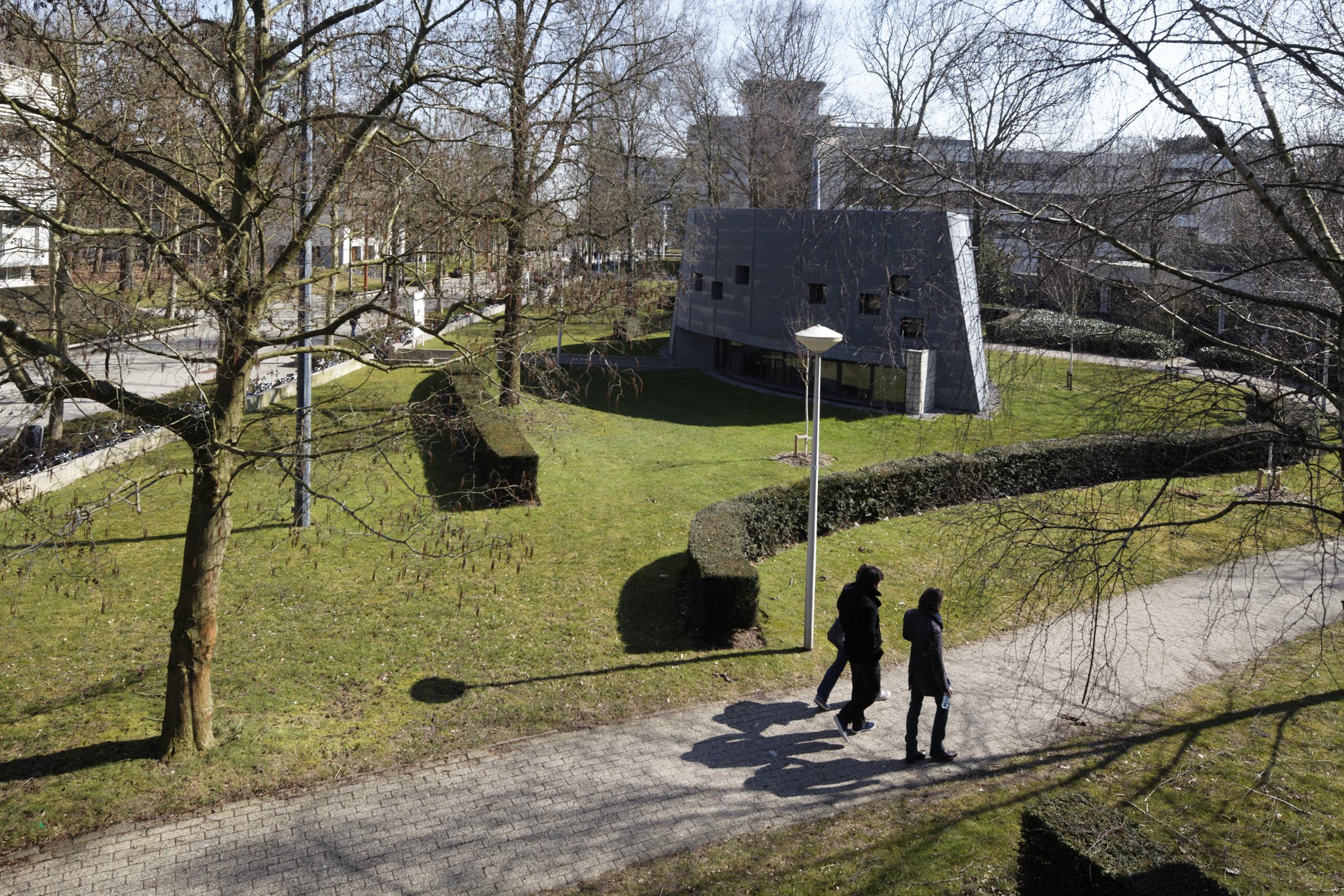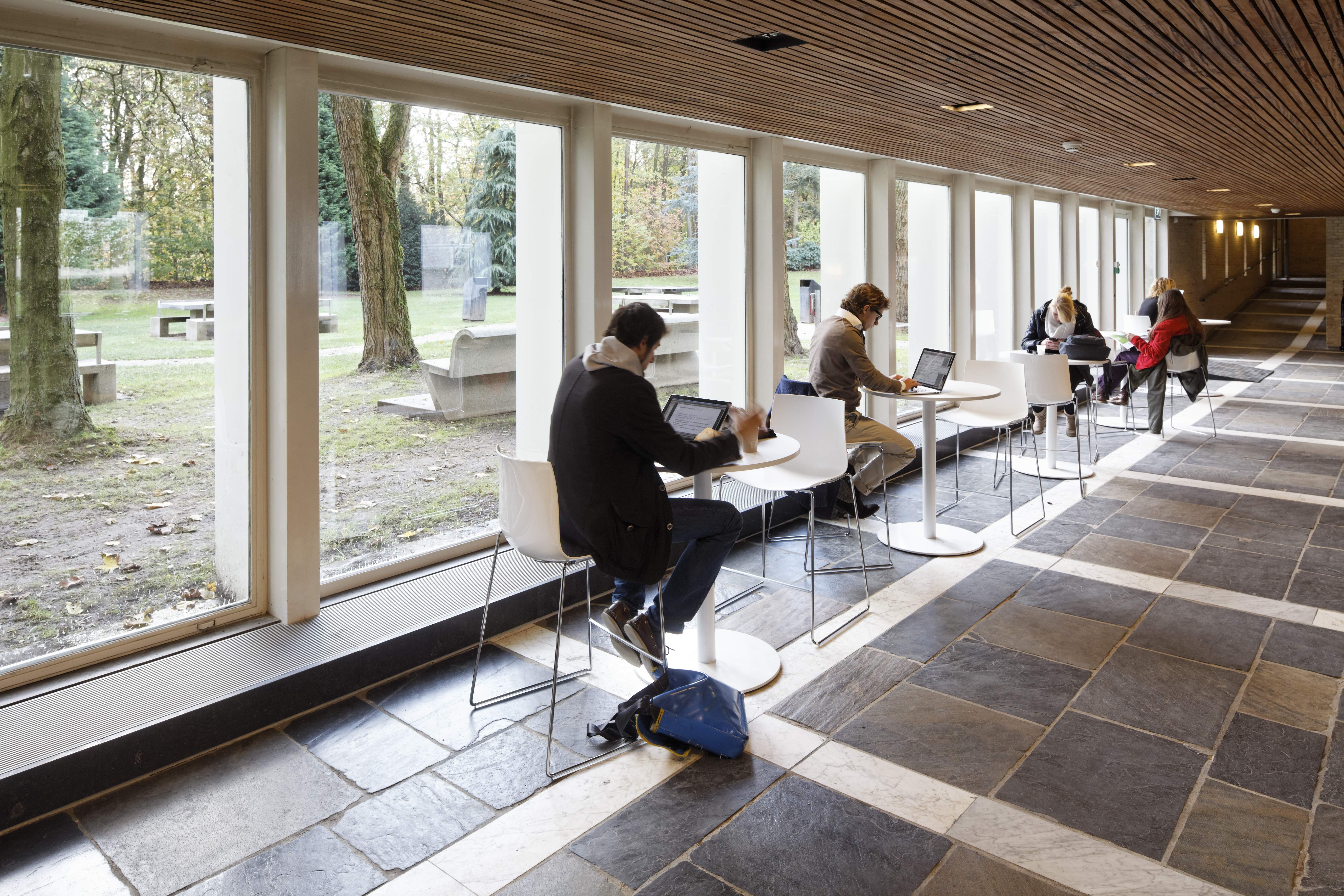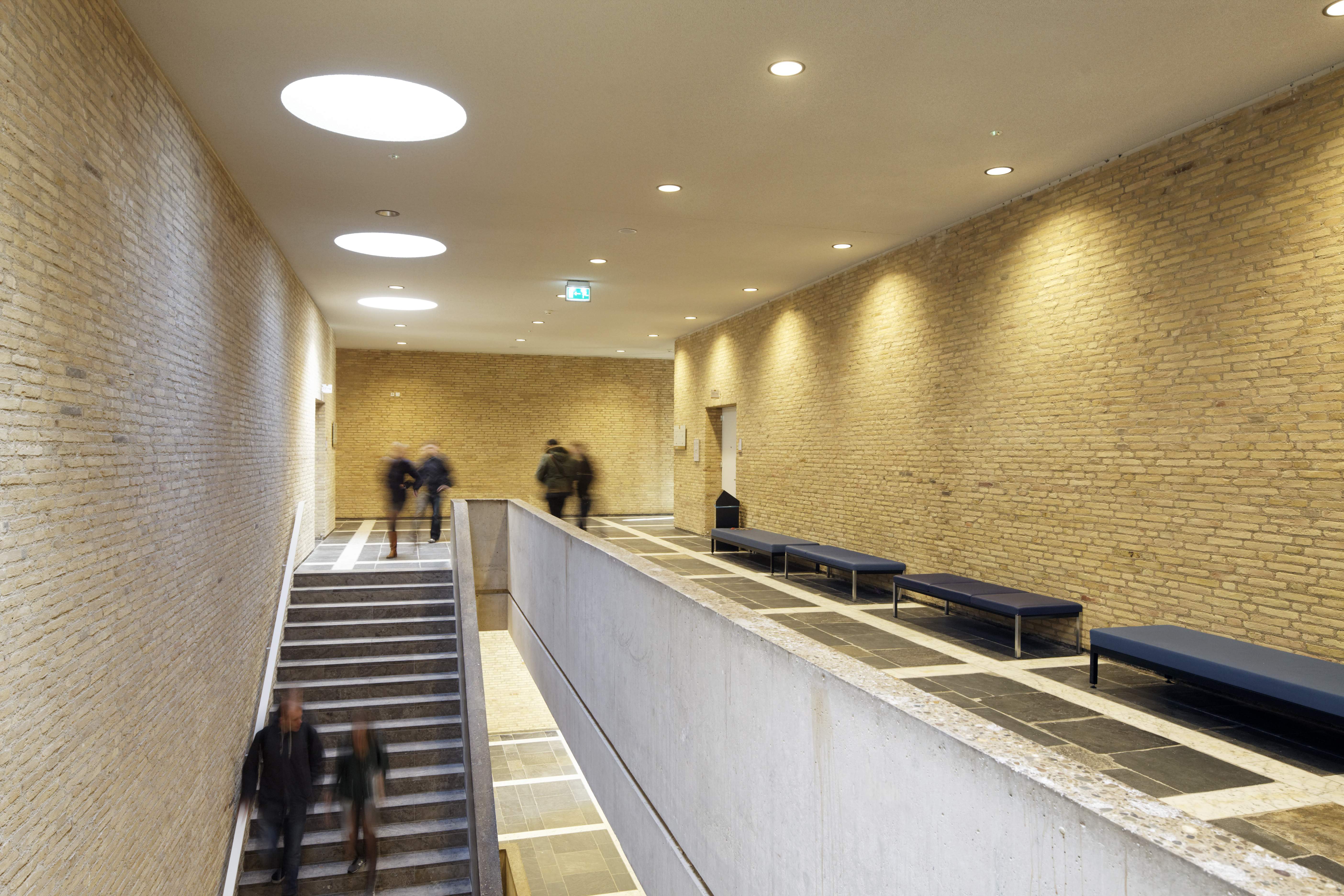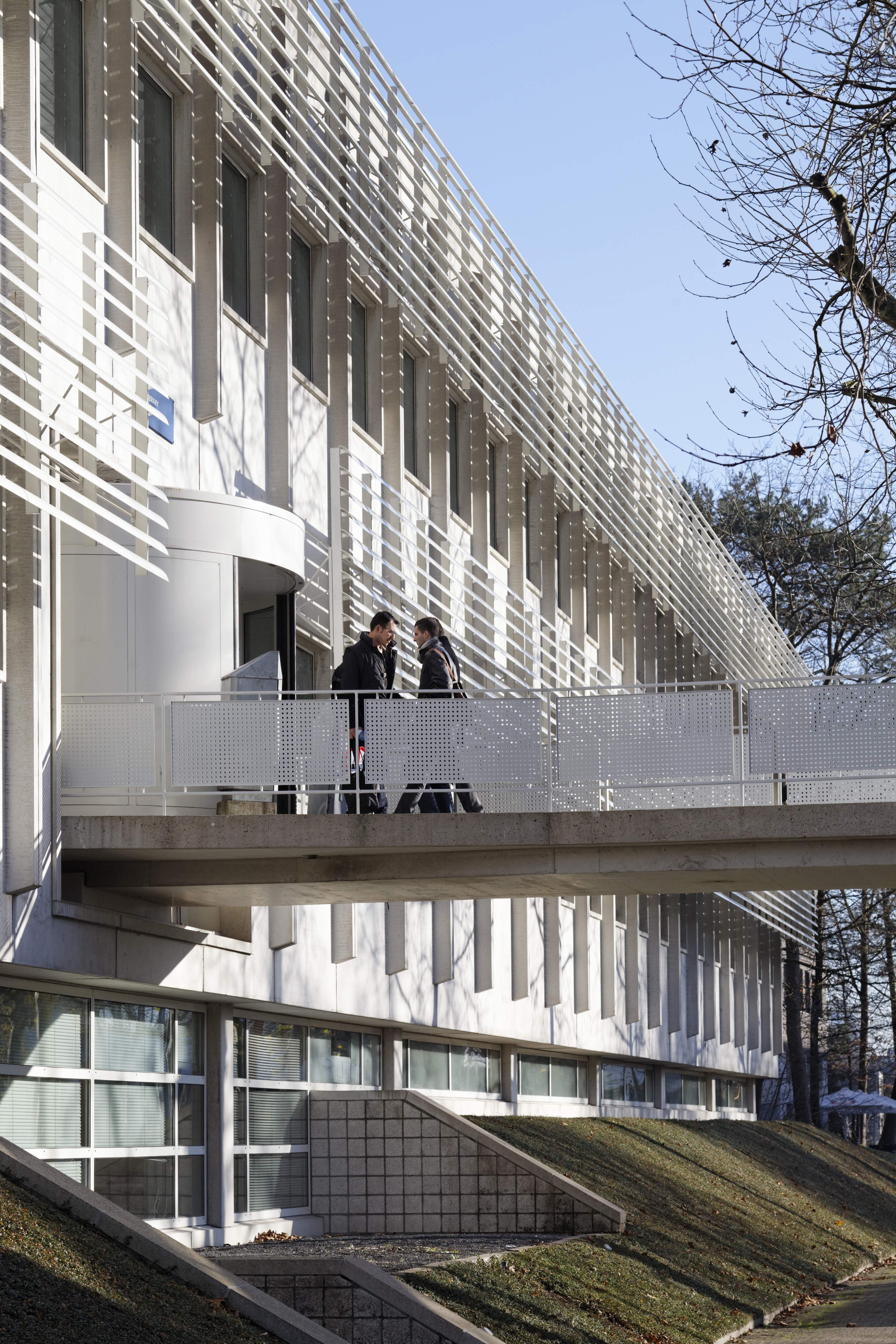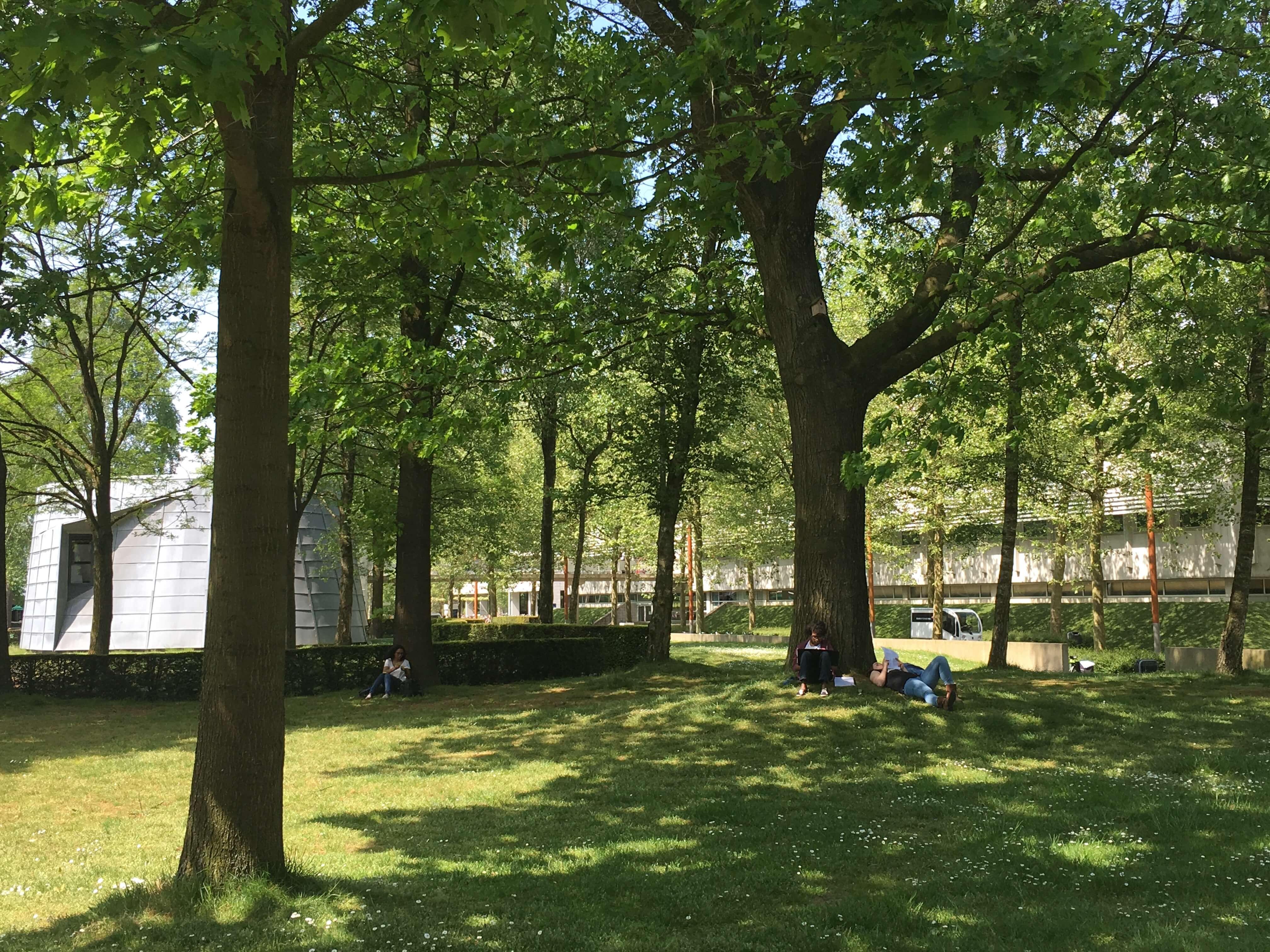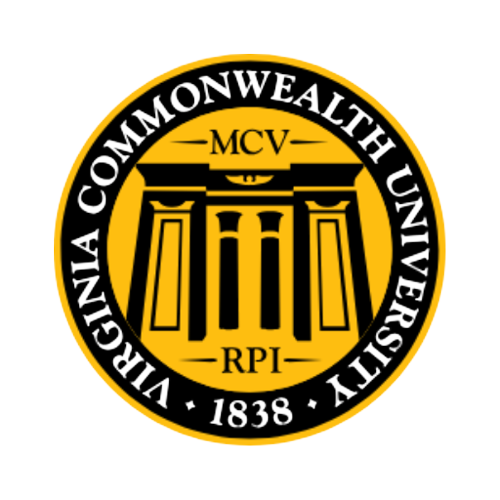Program content
Courses at University of Trento
You will follow ten research methods and labs courses (51 ECTS) and two content courses (12 ECTS) during your first year at the University of Trento.
Semester 1: September - December
Survey Design for Social Research (with lab)
Qualitative Methods (with lab)
Culture and Lifestyle
Quantitative Research Methods (with lab)
Choose one of the following electives:
Social Inequalities
Family Dynamics, Labor Market Inequalities
Semester 2: February - May
Survey Design for Social Research (with lab)
Qualitative Methods (with lab)
Statistics for Opinion Research
Research Methods in Political Science
Choose one of the following methodological lab electives:
Panel Data Analysis
Social Media Analysis
Research Methods in History
Read more information on the courses offered by University of Trento
Courses for the track Sociology: Politics, Policy and Society in a Comparative Perspective
You will take the following courses in block 1:
Social Movements: Social Media, Democracy and Change
You get a thorough introduction into the scientific field of social movement research. In a globalizing context and the current network and information society, it has become easier than ever to connect with people, share ideas and mobilize in collective action. In the recent decade we have seen several examples in which local movements spread globally through social media.
Master Seminar Sociology: From Theory to Research
Throughout the program, you participate in the Master's seminar Sociology, which prepares you for writing your thesis.
You will take the following courses in block 2:
Social Policy and Social Risks
Address social policy and welfare states and discover how various 'welfare regime types' have developed over time in different countries, reflective of different concepts of social solidarity and leading to varied outcomes in terms of economic well-being, stratification patterns, and life-course risks.
Master Seminar Sociology: From Theory to Research
Throughout the program, you participate in the Master's seminar Sociology, which prepares you for writing your thesis.
Master's thesis
You will take the following courses in block 3:
The Social Structures of Western Societies
During this course, you get an outline of the main sociological concepts, theories, research and debates of the social structure of western society in general, and three important elements (social class, family and ethnicity) in particular. Learn to describe and explain the impact of national institutions, history and traditions, and overarching trends such as modernization and globalization in a micro-macro perspective.
Master Seminar Sociology: From Theory to Research
Throughout the program, you participate in the Master's seminar Sociology, which prepares you for writing your thesis.
Master's thesis
You will take the following courses in block 4:
Politics and Society in Comparative Perspective
Develop cross-country analyses of politics and societies, particularly focusing on the rise of populistic groups and of populistic rhetoric.
Master Seminar Sociology: From Theory to Research
Throughout the program, you participate in the Master's seminar Sociology, which prepares you for writing your thesis.
Master's thesis
Full overview program and courses
Courses for the track Health, Wellbeing and Society
You will take the following courses in block 1:
Health, Resilience and Sustainability
You will examine the social inequalities in health in the context of western societies, using the Netherlands as a case study. You will approach the topic from a comparative and multifaceted perspective at a micro, meso- and macrolevel that is in line with the expertise of the Sociology and Tranzo departments.
Master Seminar Sociology: From Theory to Research
You will take the following courses in block 2:
Social Policy and Social Risks
You address the topic of social policy and welfare states against the backdrop of global challenges and widespred socio-economic changes. You will learn how various 'welfare regime types' have developed over time in different countries, reflective of different concepts of social solidarity and with various consequences in terms of economic wellbeing, stratification patterns and life-course risks.
Master Seminar Sociology: From Theory to Research
Master's thesis
You will take the following courses in block 3:
The Social Structures of Western Societies
You get an outline of the main sociological concepts, theories, research and debates concerning the social structure of western societies in general, with respect to three specific elements in particular: social class, family and ethnicity. You learn to describe and explain the impact of national institutions, history and traditions, and overarching trends such as modernization and globalization, using the three elements of social structure from a micro and macro perspective.
Master's thesis
You will take the following courses in block 4:
Health and Policy
Delve into concept and key theories in health and policy, and illustrate them with practical examples like health and wellbeing in relation to social and economic factors, policy interventions at macro/meso/micro level, illiteracy, education, poverty, housing, (un)employment, or social and physical environment.
You write a paper on a policy intervention and evaluations focusing on an actual health and wellbeing topic. Learn how to build a policy analysis proposal by describing a central problem, using evidence to substantiate and by choosing a suitable (policy) intervention.
Master Seminar Sociology: From Theory to Research
Master's thesis
Full overview program and courses
Courses for the track Politics, Policy and Societal Development
You will take the following courses in block 1:
Social Changes and Sustainable Development
In this course, you will get an overview of the most urgent global challenges for sustainable development, such as poverty and inequality, migration, climate change and environmental degradation, illustrating how they foster social change on different levels of analysis. You will discuss the role organizations can play in tackling global sustainable development issues, particularly through sustainable business models and by leveraging digital platforms, and the challenges and shortcomings such organizational interventions may entail.
Master Seminar: From Theory to Research
Throughout the program, master’s seminars will prepare you for your Master’s thesis, which will focus on one or more Sustainable Development Goals.
You will take the following courses in block 2:
Social Policy and Social Risks
In this course, you address the topic of social policy and welfare states. Against the backdrop of global challenges and widespread socio-economic changes, you investigate how various ‘welfare regime types’ have developed over time in different countries, reflective of different concepts of social solidarity and leading to varied outcomes in terms of economic well-being (poverty, life chances), stratification patterns (inequality), and life-course risks and their consequences.
Master Seminar: From Theory to Research
Throughout the program, master’s seminars will prepare you for your Master’s thesis, which will focus on one or more Sustainable Development Goals.
Master's thesis
You will take the following courses in block 3:
Hybrid Organizations
In this course, you are introduced to the role of hybrid organizations, and will consider various organizational models and initiatives that may strengthen policy actions in tackling complex and compelling social issues and improving sociodemographic indicators. You will investigate different types of ‘hybrid organizations’, especially social entrepreneurship, the challenges they confront, such as those related to measuring social impact and international scaling, as well as the actions they undertake to overcome them.
Master Seminar: From Theory to Research
Throughout the program, master’s seminars will prepare you for your Master’s thesis, which will focus on one or more Sustainable Development Goals.
Master's thesis
You will take the following courses in block 4:
Politics and Society in Comparative Perspective
You develops cross-country analyses of politics and societies, particularly focusing on the rise of populistic groups and of populistic rhetoric.
Master Seminar: From Theory to Research
Throughout the program, master’s seminars will prepare you for your Master’s thesis, which will focus on one or more Sustainable Development Goals.
Master's thesis
Full overview program and courses
Master’s thesis at Tilburg University
Start your Master’s thesis (24 ECTS) in your second year by drawing your Individual Research Proposal (IRP) with feedback from the thesis supervisors. This proposal will be presented within the framework of the Master Seminar Sociology in block 1 and 2.
You can choose your own research topic.
you will participate in the Master's Seminar Sociology course, which prepares you for writing your thesis.
You will write your Master’s thesis under joint supervision of faculty members of both University of Trento and Tilburg University.
Your thesis can have a more empirical theoretical accent with scientifically relevant conclusions, or can be a sociological analysis of a social or practical problem and existing interventions leading to relevant policy conclusions.
Preferably, a Master’s thesis has a strong connection to the departmental research program.
Defend your Master’s thesis at Tilburg University in the second semester of the second academic year.
If you want to do an Extended Master, it is preferable, but not mandatory, to connect the thesis to the junior traineeship.
Thesis examples (dependent on the chosen track):
Does internet use play a role in explaining differences in the social gradient in health in Europe? (Health, Wellbeing and Society)
Involvement of the alcohol industry in policy: What are the effects on alcohol consumption? (Health, Wellbeing and Society)
Can informal care decrease costs and increase quality of life? (Health, Wellbeing and Society)
Discrimination of minorities in the labor market. (Sociology: Politics, Policy and Society in a Comparative Perspective)
Health apps and psychological constraints. (Sociology: Politics, Policy and Society in a Comparative Perspective)
Religiosity and civic morality in the Netherlands. (Sociology: Politics, Policy and Society in a Comparative Perspective)
Homeowners’ attitudes towards renewable energy sources. (Politics, Policy and Societal Development)
Integration is not a one-way process. An interview study on perceived discrimination based on ethnicity among highly educated Dutch citizens with an immigration background. (Politics, Policy and Societal Development)
Is meat manly? Exploring different explanations for the relationship between gender and meat consumption. (Politics, Policy and Societal Development)
Please note: programs are subject to change. We advise you to look up the current program in OSIRIS Student at the start of the year.
Show less

